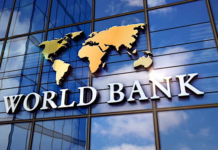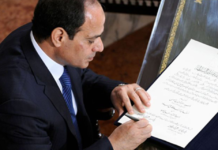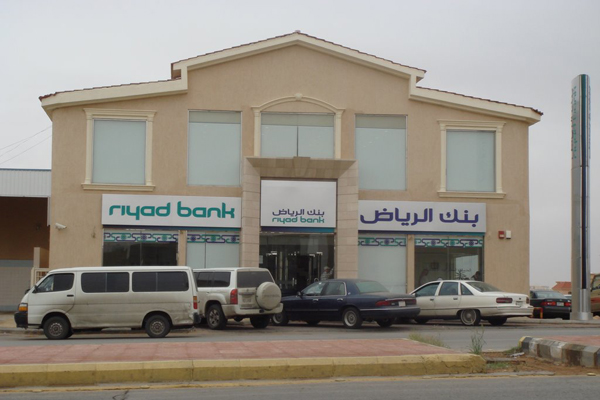Since the Suez Canal opened in 1869, it has been an essential pillar of global trade, offering a shorter journey between in the Indian and Atlantic Oceans via the Red Sea, drastically reducing the journey for ships travelling from East to West by approximately 6,000 kilometers.
The man-built waterway has been an important source of revenue for Egypt for almost 150 years. And in August 2015, the government opened the Suez Canal extension project, which aims to increase shipping traffic, restore Egypt’s status as an important trade hub, and boost revenues that will be used for the nation’s economic revival.
So far it seems the plan has paid off. Since the expansion opened, between August 2015 and August 2018, 52,199 vessels crossed the Suez Canal with a total load of 3.01 billion tons, which translated into $15.8 billion of revenues. This was according to head of the Suez Canal Authority Mohab Mamesh, who also stated at the third anniversary ceremony in August that that by 2023, Egypt will have doubled its Suez Canal income, which in FY2017-18 reached a record high of $5.585 billion, an 11.5-percent increase on the previous year.
But the canal expansion is not the only development aimed at repositioning Egypt as a trade and logistics hub; a much bigger project is being undertaken along its environs. The Suez Canal Economic Zone (SCZone) is an enormous integrated development that consists of major projects, which include: an industrial and logistics hub by Sokhna Port at the canal’s south entrance; a major transshipment and mutli-model logistics center at East Port Said at the northern gateway; a new center for high-tech industries, as well as educational and scientific research institutions, in East Ismailia; and a new residential community with light industry and logistics centers in Qantara West.
Minister of Investment and International Cooperation Sahar Nasr has said that Egypt aims to attract investments of around $30 billion in the SCZone over the next five years. And with its strategic location offering access to 1.8 billion consumers in Europe, Asia, the Middle East and Africa, investment incentives, streamlined business procedures, and state-of-the-art infrastructure and logistics offerings, the SCZone is so far proving to be a hit with foreign investors.
In August, it was announced that a number of companies from Saudi Arabia, the UAE, England and the U.S. had submitted bids to establish projects for the fields of automotives, petrochemicals, textiles, electronics, and the manufacture of therapeutic medicines. Austrian automaker Magna and Germany’s Volkswagen also explored investment in the SCZone earlier this year.
But of course, foreign investors are not the only ones that will benefit from the SCZone; it will also become a huge source of employment for Egypt’s young people, as well as a hub to develop a thriving SME and start-up ecosystem. The Sokhna Port development alone will create more than 400,000 jobs; while industrial parks developed for SMEs specializing in industries such as textiles, packaging materials, electrical tools, engineering, ICT and medical supplies, will give thousands of Egyptians ample support and world-class facilities and supporting infrastructure to develop their businesses.
The SCZone is truly a win-win for foreign investors, local companies and the Egyptian people alike, and is set to become a major foundation of Egypt’s future economy as the nation moves towards the goals of its Vision 2030 plan.















